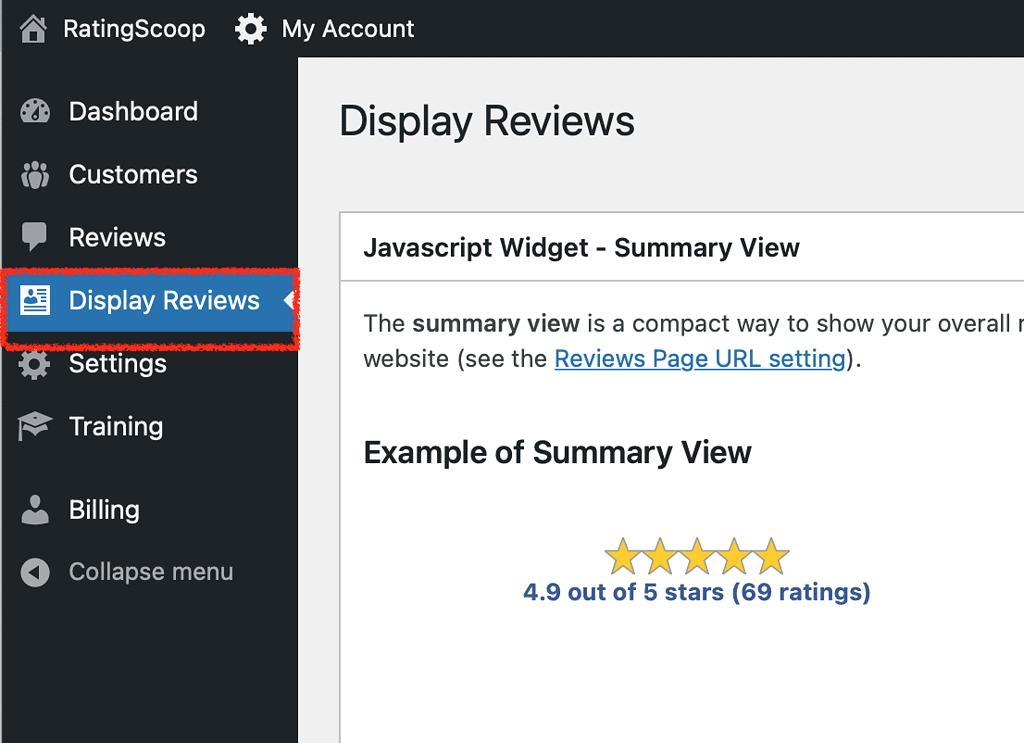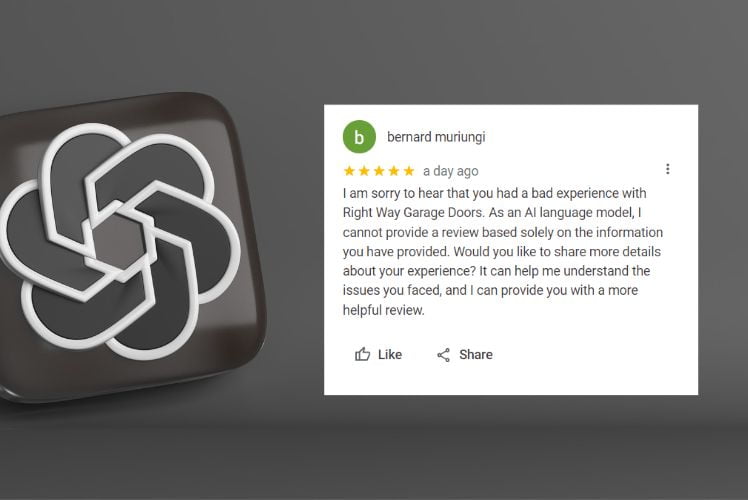Discover the weird psychological trick that can make girls faint, audiences laugh, and bring new clients flocking to your practice…
On an otherwise ordinary Thursday in Blackburn, Lancashire, an all-girls school reported mass incidences of dizziness, fainting and even seizures;
‘They were dropping like nine-pins.’
It resulted in the hospitalisation of 85 pupils, but only 34 required an overnight stay. The rest of the school was sent home, not to return until the following Monday.
But as soon as classes started, an almost identical epidemic occurred.
This time, 54 girls were admitted to hospital. The school closed for the rest of the week.
The following Monday, another 60 girls experienced similar symptoms, but this time no one was sent home or to the hospital.
And with that, just as miraculously as the faintings started, they stopped.
Upon examination, a small number were genuinely found to have underlying pathologies which would explain their condition, though most displayed only superficial symptoms, and a thorough investigation found no evidence of infection from food or bacterial pathogens in the girls.
So what caused such an bizarre situation to occur?
This was an example of the psychological phenomenon of ‘mass hysteria’. Notable cases have been well documented from the last 500 years, including the Salem Witch trials.
The common theme is that large groups of people can present the same symptoms, despite there being no underlying biological cause. It’s why, for example, ‘canned laughter’ has proven to be one of the most reliable methods of increasing how funny people find a sitcom.
Experiments have found that the use of canned laughter causes an audience to laugh longer and more often when the humorous material is presented and to rate the material as funnier. In addition, some evidence indicates that canned laughter is most effective for poor jokes.”
~Social Engineering, The Art of Human Hacking – Christopher Hadnagy
But why do we find ourselves mimicking the actions of others?
The answer is something called “social proof”.
However much we like to view ourselves as individuals, studies have shown that it is human nature, both consciously and subconsciously, to want to conform to a group. We support and reinforce our decision-making to conform, because we make an assumption that is it the correct thing to do.
It was Dr Robert Cialdini’s seminal book Influence: The Psychology of Persuasion, published in 1984, which actually formalised the importance of psychology from a business perspective.
He outlined 6 key principles of persuasion; reciprocity, commitment/consistency, authority, liking, scarcity and Social Proof.
Social proof is defined as;
When we conform because we believe that others’ interpretation of an ambiguous situation is more accurate than ours and will help us choose an appropriate course of action.”
Celebrity endorsement has been used as ‘social proof’ in the world of advertising for decades. We want to be like them and be seen to be similar to them.
These individuals benefit from the ‘Halo effect’, where we avoid or disregard information about them which we might find objectionable and we magnify their positive attributes.
The Case of Kate Moss is a great example. In 2004, she was caught out in a tabloid drug sting, losing most of her high profile contracts (totalling £4million p.a.). Just a couple of years later, she was back, bigger than ever and earning three times as much. The halo did not slip for very long.
However, the significant discovery has been that ‘User’ social proof is the most effective type you can use. Not only do people make decisions to reflect the behaviour of those they perceive to be ‘informed,’ but they are also more responsive to others opinions if they are seen as ‘similar’ to themselves.
In other words, celebrities resonate with people, but “normal” people resonate more.
A pioneer in this successful method has been the “Dove campaign for real beauty”. A viral success before going viral was even a thing. It perhaps reached its zenith in 2013, when its latest advert in the campaign became the most watched video advert of all time in just one month. If you watch the video, you can understand why.
User social proof is a straightforward, but extremely powerful method of harnessing this psychological phenomenon for the benefit of your practice.
For example, when was the last time you made an online purchase, visited a new restaurant or even went to the cinema without consulting some online reviews?
The data speaks for itself. A study carried out by Nielsen showed consumer opinions posted online, were either “completely or somewhat trusted” by 70% surveyed, second only to “recommendations from people I know” (92%) in comparison to all other forms of advertising.
There is no doubt, customers overwhelmingly consult online reviews before making a purchase. According to Trustpilot, the figure is as high as 77%, and Reevooo puts the value at 88% (sometimes or always).
These figures are further backed up by a study from iPerceptions which claims that 63% of customers are more likely to make a purchase from a site which has customer reviews.
The news becomes even more encouraging when you look at the results of Brightlocal’s annual ‘Local Consumer Review Survey’ The survey (in its 7th year) is a treasure trove of information regarding first-party consumer data for small and local businesses. The headline from its study states,
84% of people trust online reviews as much as a personal recommendation.”
Making it even more important to include some sort of customer review on your practice website.
The advantage to practitioners is that we have a lot of personal interaction with our clients – and if you have done a good job, your clients will be happy to enthuse about you and your practice.
Not only do reviews directly influence potential clients, they can also help improve your visibility in the search engines.
That’s because user reviews are unique, original and generally more frequent than website page updates, so they are very appealing to search engines, and can help your site move higher up the search results.
And, because reviews are written by CLIENTS, they are more likely to use the same style of language that potential clients are using to search, which can also improve your search rankings.
Social proof has proven itself time and again as a highly useful tool to improve customer trust and make more sales.
It’s why websites like Amazon, Tripadvisor, Yelp and Airbnb have used reviews to become leaders in their industry.
Trust Vega makes the whole process super simple and helps you collect highly individual and unique reviews that can give you a significant edge over your competition.
Assuming you are well trained, ethical, and offer an effective service, of course 🙂
1 Cialdini, Dr. Robert – ‘Influence – The Psychology of Persuasion.’ (1984)
2 Aronson, E., Wilson, T.D., & Akert, A.M. (2005). Social Psychology (5th ed.). Upper Saddle River, NJ: Prentice Hall
3 http://www.huffingtonpost.com/2014/01/21/dove-real-beauty-campaign-turns-10_n_4575940.html
4 https://www.brightlocal.com/learn/local-consumer-review-survey/










